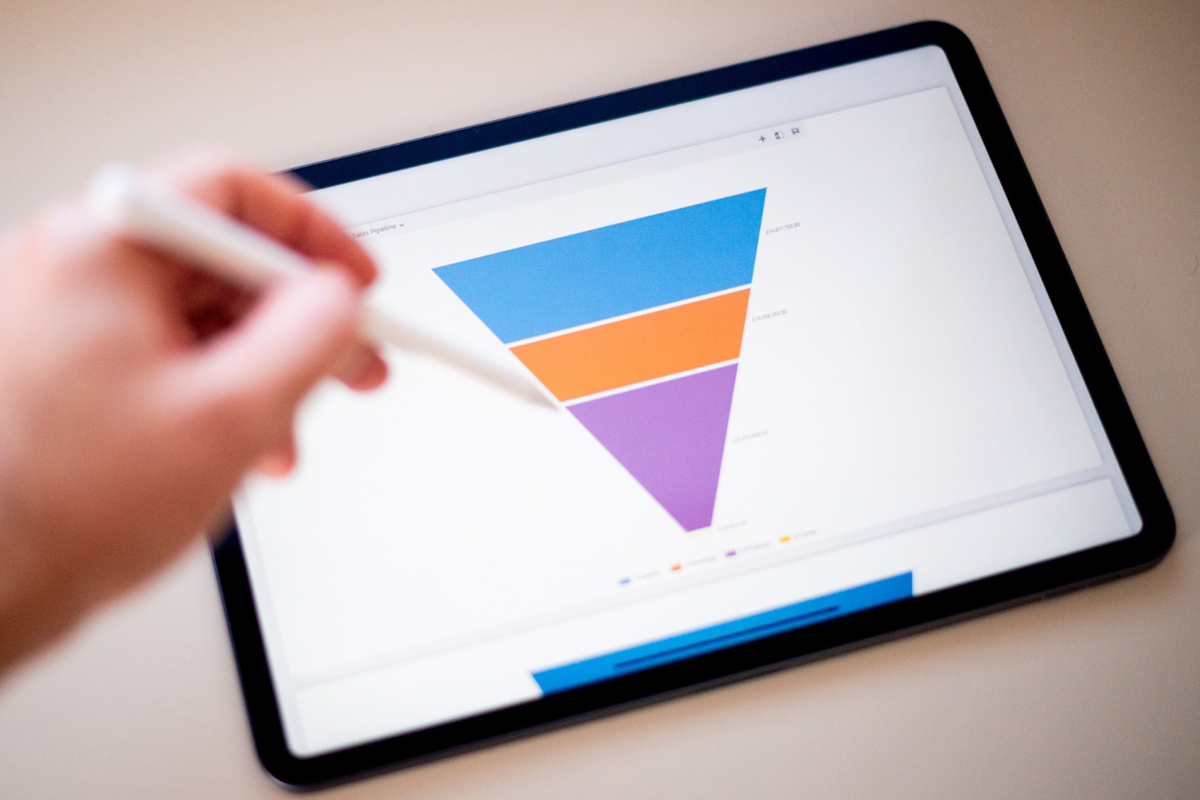
Ranking is great, but it doesn’t pay the bills unless that traffic turns into actual revenue. That’s where bottom-funnel content comes in. This is the type of content that catches visitors who are ready to buy, sign, or schedule, and gives them exactly what they need to take that next step.
In 2025, your content strategy can’t stop at blog posts and guides. You need decision-stage content that helps your sales process run smoother, faster, and with higher close rates.
What Is Bottom-Funnel Content?
Bottom-funnel (BOFU) content is for prospects who already know they need a solution. They’re comparing vendors, looking for proof, and asking questions like:
- “Is this worth the cost?”
- “Can I trust this company?”
- “How do I get started?”
They don’t need education. They need confidence and clarity.
Key Types of Bottom-Funnel Content That Work in 2025
These content pieces should live on your website and be shared by your sales team, email sequences, and remarketing campaigns.
1. Case Studies With Results
Highlight the before-and-after for real customers. Use actual numbers, photos, or testimonials.
“After switching to our bookkeeping service, this local contractor saved over 12 hours a month and reduced tax filing errors to zero.”
2. Service Comparison Pages
Help people understand what makes you different, without trashing the competition.
“Unlike national franchises, we respond to most emergency pest calls within 90 minutes, because we live and work in your neighborhood.”
3. Process Overviews
Let buyers know exactly what to expect. This reduces hesitation and builds trust.
“Here’s how our 3-step roofing estimate process gets you accurate pricing fast.”
4. FAQs and Objection Handling
Address the concerns that keep people from clicking “Book Now.”
“Can I use my insurance for this service?”
“What happens if I change my mind after signing?”
Answer clearly and with empathy.
Writing Tips That Turn Readers Into Buyers
You’re not writing for rankings here, you’re writing for conversion. That means your tone, structure, and copy need to be sharp and strategic.
Use Benefit-First Headlines
Don’t just label the section. Lead with the value.
- Instead of: Our Process
- Use: How We Deliver Results Without Wasting Your Time
Add CTAs Where Buyers Are Ready
You don’t need to wait until the bottom of the page. Try placing soft CTAs (like “Get a Quote” or “See Pricing”) after each major section.
Don’t Hide the Pricing Conversation
If you can’t post exact prices, talk ranges. Buyers would rather hear “Most kitchen remodels start at $35K” than get ghosted by a form submission.
SEO Still Matters, But It’s Not the Main Goal
Yes, you can optimize bottom-funnel content for keywords like:
- “best chiropractor near me with weekend hours”
- “compare Florida digital marketing agencies”
- “custom home builder reviews in Tampa”
But the main job of BOFU content is to convert. These pages might get less traffic, but the traffic they do get is high intent, and much more valuable.
Bottom-Funnel Content vs. Mid-Funnel and Top-Funnel
| Funnel Stage | Content Goal | Examples |
|---|---|---|
| Top (TOFU) | Awareness | Blog posts, educational videos, guides |
| Middle (MOFU) | Consideration | Service overview pages, explainer videos |
| Bottom (BOFU) | Conversion | Case studies, pricing pages, trust content |
If your site only covers the top of the funnel, you’re likely attracting readers, not buyers.
Bottom-funnel content is where marketing and sales shake hands. It’s not about driving more traffic, it’s about helping the right people say “yes.”
If your website ranks well but leads aren’t coming in, this is where to look next.
Need help writing bottom-funnel content that closes deals?
We specialize in building SEO and conversion strategies for Florida businesses that want to turn traffic into real ROI. Let’s create content that works harder, so your sales team doesn’t have to.

